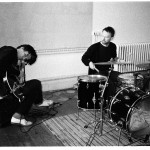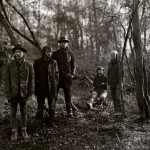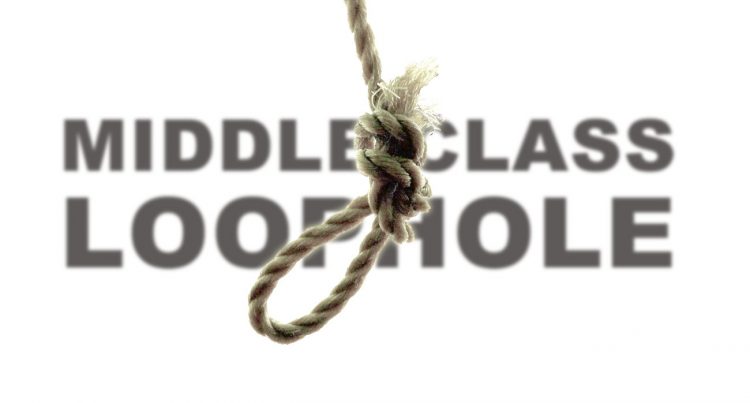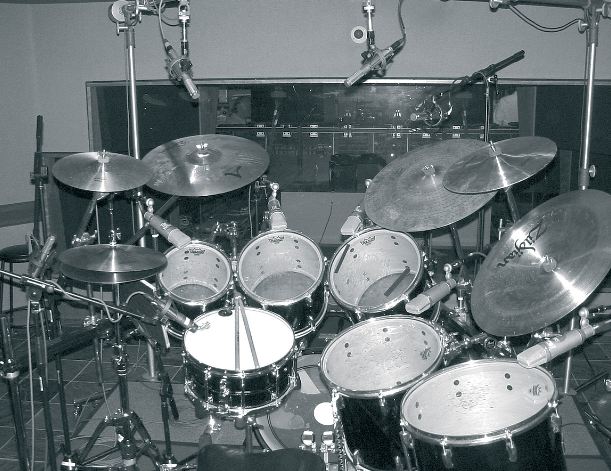Radiohead helped change the direction of music and record production.
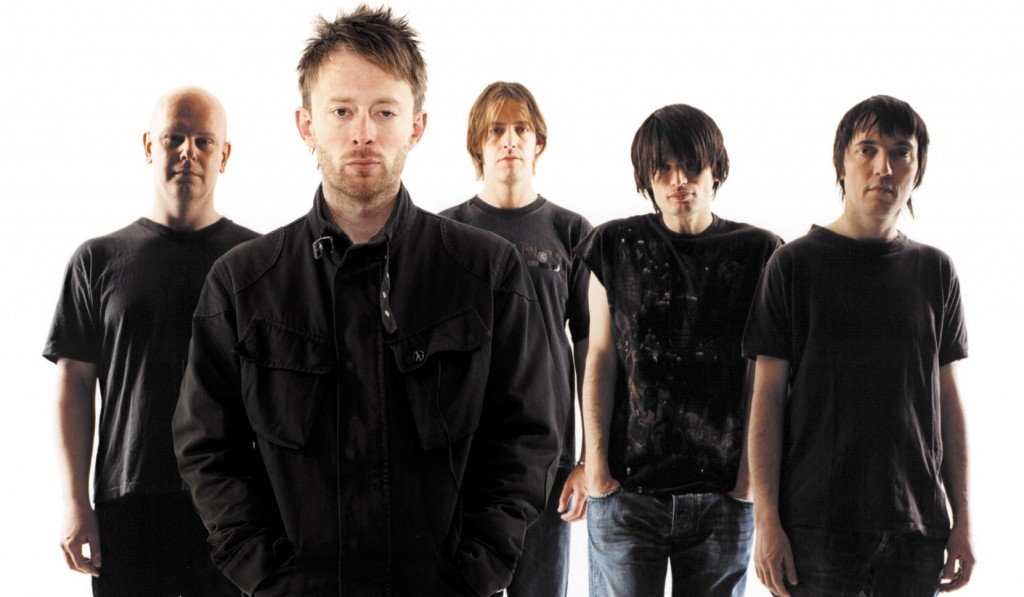 They made production quality, songwriting, and exploring new ways to create music important again. Radiohead’s OK Computer had a giant impact. It even changed the direction of my life… not in some spiritual way, or voo doo way, or “I follow Radiohead to every concert ever played around the world” sort of way – but that record (as a WHOLE record), its songwriting and production style & quality – OK Computer was what finally convinced me to go into audio engineering and music production – saying goodbye to the stable life of suits, ties, and stressing about passing the bar exam. While sometimes I have to listen a lot to it and other great records to keep reminding myself why I made that choice, it’s always been worth it.
They made production quality, songwriting, and exploring new ways to create music important again. Radiohead’s OK Computer had a giant impact. It even changed the direction of my life… not in some spiritual way, or voo doo way, or “I follow Radiohead to every concert ever played around the world” sort of way – but that record (as a WHOLE record), its songwriting and production style & quality – OK Computer was what finally convinced me to go into audio engineering and music production – saying goodbye to the stable life of suits, ties, and stressing about passing the bar exam. While sometimes I have to listen a lot to it and other great records to keep reminding myself why I made that choice, it’s always been worth it.
Radiohead has put out a lot of great albums, and there were few things less influential and significant than being a junior in college and putting that CD into a player for the first time.
Now… writing anything about Radiohead is like openly asking for hate mail and a plethora of corrections because I got some facts, comparisons, or even my opinions wrong. It’s like trying walking into a Beatles tribute concert and trying to give a critique of St. Peppers to the gathered audience. So I do it not claiming I know anything more than those who have literally made it a life-cause to study Radiohead and their music. I do it because what they do as artists has had an impact for me, and I hope that 20 years from now there will be kids who can look at records like OK Computer, Kid A, or In Rainbows and appreciate them as great records by a group who appears never to be complacent with who they are as a band, and as such keep pushing and changing and experimenting with writing, recording, and even the business of music.
Some of the boilerplate items to get out of the way:
Radiohead Band Members:
Colin Greenwood, Jonny Greenwood, Ed O’Brien, Phil Selway, Thom Yorke. From Oxford (Abingdon), they began as On a Friday, played gigs around Oxford and got a little attention from indie labels here and there. Creep (which, admittedly, I vividly remember seeing basically for the first time on MTV’s spring break, which was just plain odd) was released prior to Pablo Honey, but didn’t get much attention initially outside of the UK… one review calling the band a “lily-livered excuse for a rock band”, and Creep was actually blacklisted by BBC radio because it was too depressing… damn. But clearly that didn’t stop a band who another person who interviewed them very early one said were (sic) incredibly driven… that you could tell that they just knew they were going to do it and on their own terms.
I suppose one good thing about BMI and ASCAP is that you can track radio play. Outside of Britain, Israel, and one DJ in particular started playing Creep, the soon thereafter KITS in San Francisco added it to their rotation which quickly saw it getting added at other stations down the California coast… and then as mentioned. Radiohead on MTVs Spring Break in 1994…. it’s just strange and packed with irony, but as such you gotta love it.
With that video as a comparison:
2008 Radiohead Live From the Basement is amazing Here’s the entire show that’s totally worth watching:
Of course in between we had Kid A (Grammy: best alternative album) and Amnesiac. As some people called them, especially when Kid A first was released, it’s a bit more “difficult” to listen to (even though Radiohead would tend to disagree). Still 100% Radiohead, but in yet another new direction: experimenting with instruments, taking a more minimalist approach, etc.
Hail to the Thief, In Rainbows, and The King of Limbs. And in that process… Pay what you want (sure that confused the record companies a wee bit).
Again, I’m not someone who thinks every song Radiohead has put out is the most amazing thing to every create sound waves. Like any other group of musicians who experiment with their music, sometimes they producing something I just doing dig as much. But that’s cool, at least it’s not like some bands who basically write the same song 20 or 30 times.
It seems appropriate to give the Guardian the linked review spot:
It’s hard to think of an album that sparked more internet discussion in such a short space of time as Radiohead‘s The King of Limbs did last Friday. Spurred into action by its arrival a day earlier than expected, harassed reviewers reviewed it on first hearing, and commenters and bloggers complained that it was ridiculous to offer opinions based on one listen, then offered their opinions about it anyway. Other journalists sidestepped having to form any views of their own by writing pieces that simply collated other people’s, some of which were admittedly pretty amazing. “A few consider it awfully doomy,” noted the Los Angeles Times, highlighting the hitherto-unheard subsection of Radiohead’s fanbase apparently distraught the band had chosen to abandon their trademark boozy, good-time boogie sound. READ ENTIRE REVIEW
But that musicianship, willingness to experiment, and strong focus on producing make Radiohead important. St. Peppers, Dark Side of the Moon, Thriller, OK Computer – there are records that have a deep impact in HOW music is made and translated into a medium that people can buy. Sometimes these records don’t even sell a lot, sometimes they’re huge. Sometimes the most boring record on the planet will sell more than one that actually moved the craft forward. What matters is that when we can we give a nod to those artists who do create something that moves how we do things in a new direction.
